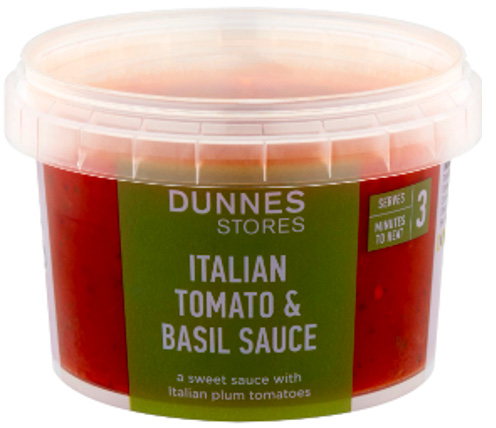The Food Safety Authority of Ireland (FSAI) today states that it has been highlighted at EU level that there have been a low, but persistent, number of food-borne illnesses related to the consumption of raw or uncooked beans. These food-borne illnesses relate to the presence of naturally occurring lectins*, which are found in some varieties of fresh and dried beans.
* Note Lectins are proteins found in many plants such as tomatoes, potatoes and whole grains.
However, legumes (green beans, lentils, peas, kidney beans, French beans, sugar snap peas, etc.) contain the highest amounts of lectins. Properly prepared legumes are a low-cost source of nutrients which are important in maintaining good health. They are considered a source of good quality protein and soluble fibre and are low in fat and calories. However, it is the consumption of uncooked or insufficiently prepared legumes that can cause illness in some consumers, due to the presence of lectins.
The FSAI recommends that consumers take the following precautions to reduce or eliminate the harmful properties of lectins, thereby making legumes safe to eat:
- Dried Beans: The product manufacturer’s instructions should be followed for the preparation of these beans. In the absence of cooking instructions, dried beans should be first soaked for at least 12 hours. It is important to discard the water used for soaking, and to use fresh water for the cooking step to ensure the removal of lectins present in the water that was used for soaking. The beans should then be boiled for at least 30 minutes before eating them.
- Fresh Beans: These beans should be rinsed thoroughly in fresh water and cooked/boiled for 10 minutes before eating them.
- Canned Beans or Beans in Jars: These types of beans are already fully cooked, which ensures that lectins are destroyed. It is important to follow the manufacturer’s instructions for the preparation and consumption of these beans.
Dr Pamela Byrne, Chief Executive, FSAI, today states that whilst Ireland has a low incidence of food-borne illness associated with the consumption of improperly prepared legumes, consumers should note this advice and adjust their food habits accordingly.
Ms Byrne stated; “Over the last few years, lectins have become a potential cause of food-borne illness across a number of EU countries. This may be linked to an increase in the consumption of raw vegetables, as some people seek a more plant-based diet. Whilst legumes are a nutritious food, eating them raw or undercooked should be avoided, due to the presence of lectins. The severity of illness depends on the type of lectin consumed, the amount consumed, and an individual’s sensitivity to that type of lectin.”









Recent Comments